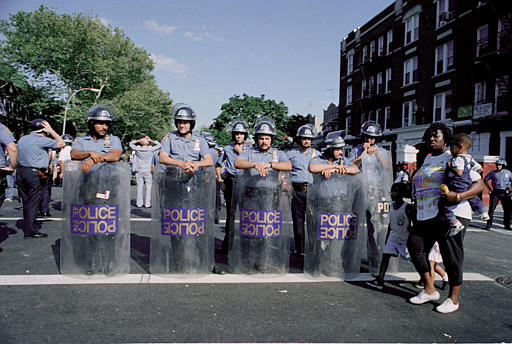wouldn’t let me say
I watched a CNN report about Russian atrocities in Ukraine when the email arrived. It was from a producer for RT, the Russian government television network, asking to interview me about what she called “the American media’s collusion with the Third Reich.”
Why is Russian Television suddenly interested in how U.S. journalists covered Hitler? Evidently, it has to do with Vladimir Putin’s bizarre references to Nazis in his attempts to justify the Russian invasion of Ukraine.
According to Putin, the Ukrainians—including their Jewish president—are actually Nazis, and therefore the invasion constitutes “deNazification.” RT, Putin’s television network, promotes similar themes.
On the day the RT producer’s email arrived, the RT website featured articles claiming that the Ukrainian army is filled with “neo-Nazis,”; alleging that Russian citizens living in Ukraine are under attack from “neo-Nazi groups integrated into the government of Ukraine”; and asserting that the Biden administration is carrying out “genocide” against Native Americans in Nevada.
RT.com also features wild accusations against the American news media, such as denouncing U.S. journalists for “vilifying” the January 6 rioters. Presumably, such nonsense is a ham-handed attempt to undermine the credibility of media outlets that have been reporting about Russian atrocities in Ukraine.
The RT producer’s claim that the U.S. media “colluded” with the Nazis in the 1930s aligns with the Putin regime’s contention that the Ukrainians and their American supporters are all Nazis or Nazi-sympathizers.
It’s a classic propaganda device—take the kernel of truth within a known historical episode, tear it out of its original context, and then twist and magnify it to suit some contemporary political purpose. Yes, many major U.S. newspapers downplayed or ignored news about the Holocaust–but that was poor journalism (and, in some cases, a kind of antisemitism), not “collusion with Nazism.”
Such anti-American propaganda is a staple of RT. Originally known by its full name, “Russia Today,” RT was created by the Putin regime in 2005. It is a propaganda agency controlled and financed by the Russian government. Since 2017, its representatives in the United States have been required to register as foreign agents of the Russian government.
However, I wouldn’t have known any of that from the producer’s email. She described RT as an “international TV channel” with no clue about its mission, financing, or governance. She never even used the word “Russia.”
Obviously, I have no interest in being used by Putin’s television network for his propaganda purposes; I replied that I would agree to an interview only on the condition that my full comments be broadcast, including my thoughts on how the lessons of the 1930s are relevant today. I explained that I would point out, among other things, that:
f
- Mainstream American newspapers in the 1930s were not pro-Nazi. Because of naïveté or ignorance, many major U.S. newspapers in the early 1930s failed to recognize that Adolf Hitler—like Vladimir Putin today—was an aggressive dictator who would threaten neighboring countries.
- Today, the Russian public is at a significant disadvantage compared to the American public during the Nazi era. The American press is genuinely free and independent. So the U.S. public had access to sources of information about the Nazi persecutions even when the Roosevelt administration would have preferred that the public not know. Thus while the New York Times downplayed Holocaust news, other publications, such as the weekly New Republic and the New York City daily newspaper PM, highlighted it. By contrast, the Russian people today are unable to freely access information about Russian atrocities in Ukraine because of the Putin government’s control of the Russian news media.
- American journalists 80 years ago did a poor job covering the Holocaust is no reason to doubt the accuracy of today’s American media coverage of Russian atrocities in Ukraine. Russia’s war crimes have been amply documented by U.S. media outlets across the political and ideological spectrum.






